emDOCs Revamp: Alcohol Withdrawal
EMDocs
DECEMBER 18, 2024
2016; 83(1): 67-79. Alcohol withdrawal syndrome: improving outcomes through early identification and aggressive treatment strategies. fold higher risk of NSTI than the control group 12 For those without comorbidities , AUD exhibited a 15.2-fold Management of drug and alcohol withdrawal. N Engl JMed. 2003; 348:1786-1795. Br J Addict.

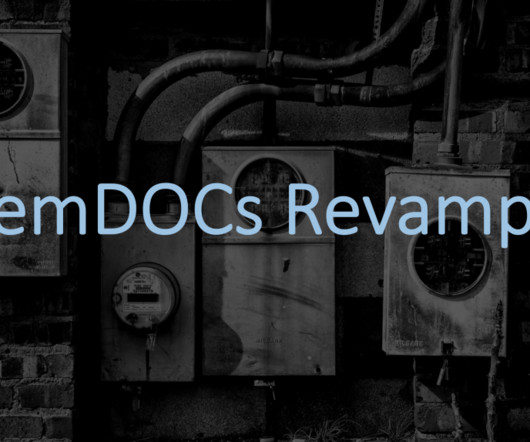


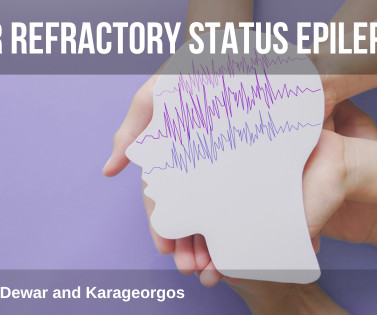

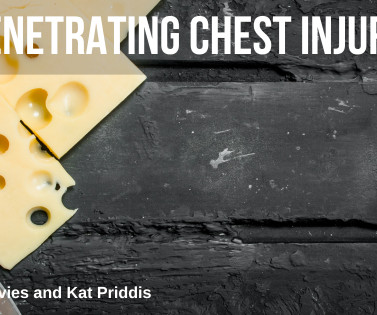

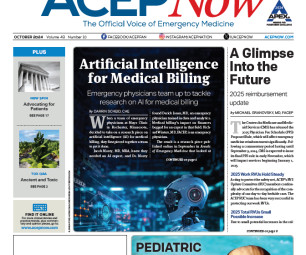

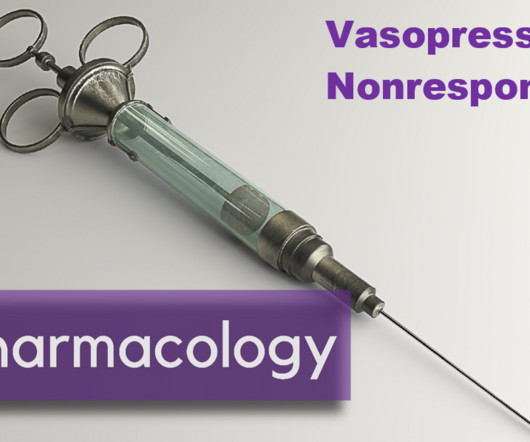


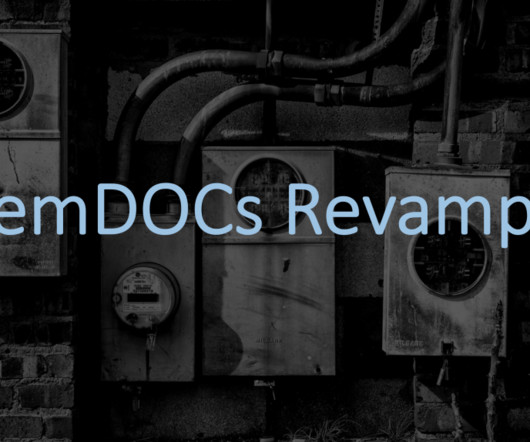
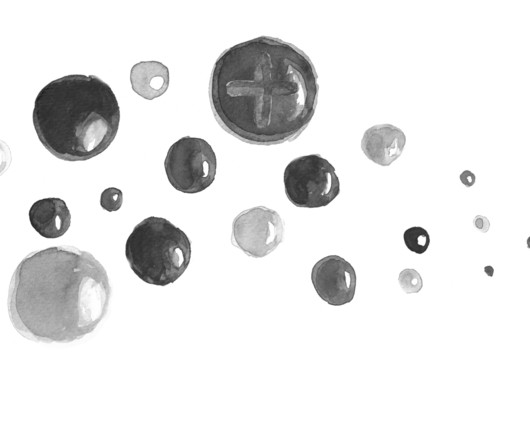






Let's personalize your content